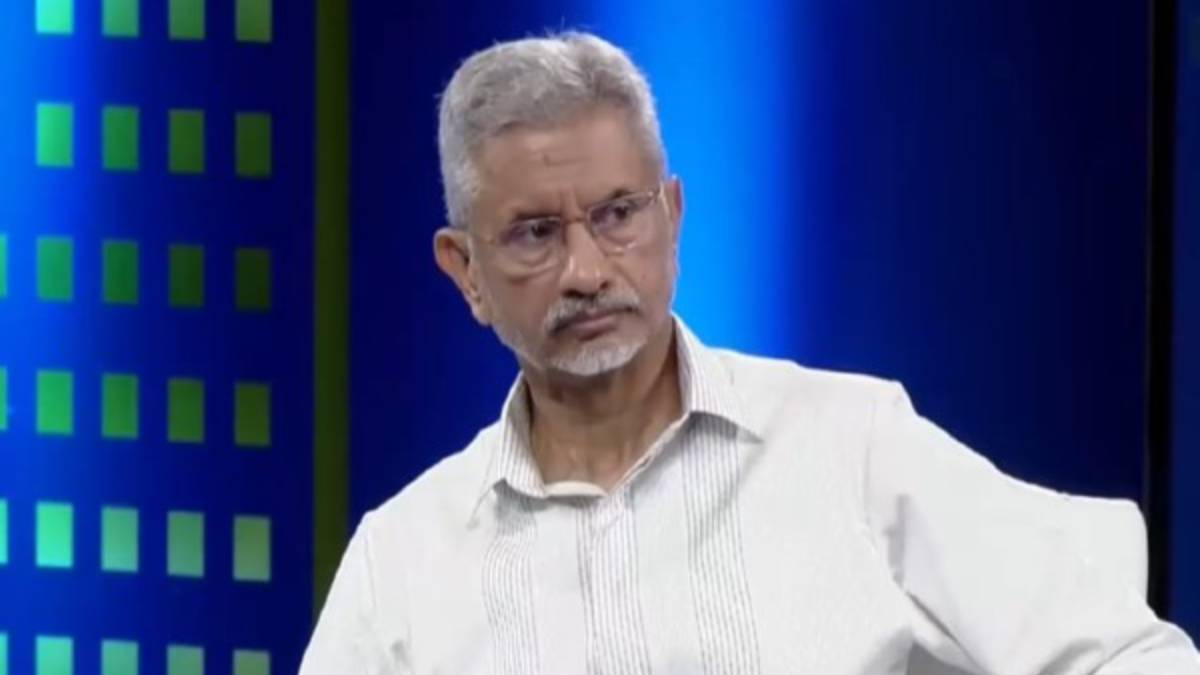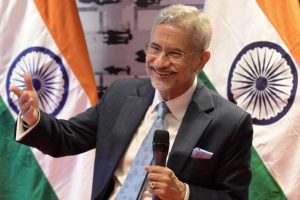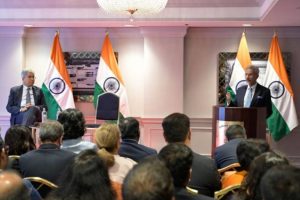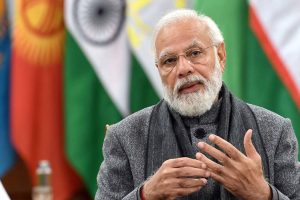During his visit to Brussels, External Affairs Minister S. Jaishankar urged the international community to stop viewing terrorism in Kashmir through the narrow prism of India-Pakistan tensions and warned that global complacency on terrorism would eventually have far-reaching consequences.
“Terrorism will eventually come back to haunt you,” Jaishankar said, referencing the recent Pahalgam terror attack in Jammu and Kashmir that claimed 26 lives. He pointedly asked the global community to question why Osama bin Laden had felt safe living “for years in a Pakistani military town, right next to their equivalent of West Point.”
“This is not merely an India-Pakistan issue,” he added. “It’s about terrorism, and the failure to address it globally.”
Speaking with EU leaders including European Commission President Ursula von der Leyen and foreign policy chief Kaja Kallas, Jaishankar pitched India as a reliable economic alternative to China. Highlighting India’s skilled labour force and scale, he said, “India, a nation of 1.4 billion, offers a more trustworthy economic partnership than China.”
He also challenged parts of the EU’s climate policy, particularly the Carbon Border Adjustment Mechanism (CBAM), saying, “Let’s not pretend—we’re opposed to parts of it. The idea that one part of the world sets standards for everyone else is something we reject.”
Addressing the Russia-Ukraine conflict, Jaishankar reiterated India’s neutral stance. “We’re not prescriptive or judgemental—but we’re also not uninvolved,” he said, adding that India does not believe war can solve differences.
On criticism over India’s refusal to impose sanctions on Russia, Jaishankar defended the country’s position as interest-based, citing strong ties with both Russia and Ukraine. He reminded European leaders of India’s own unresolved border issues since independence and noted the lack of Western support during those early years. “Now that the same countries want to discuss international principles, I think it’s fair to ask them to reflect on their past.”
Jaishankar emphasized the rise of a multipolar world, noting that Europe itself is beginning to embrace greater “strategic autonomy.” “That’s why I’m here,” he said. “To deepen our ties in a world that’s no longer unipolar.”
When asked about the potential return of Donald Trump and India’s posture toward such political shifts, he said pragmatically, “I take the world as I find it. Our aim is to advance every relationship that serves our interests.”
In reference to China, Jaishankar highlighted the growing trend among European firms to de-risk their operations by shifting supply chains to India. “Many companies are now choosing trust and security over just efficiency. Would you really want your critical data or infrastructure in the hands of actors you don’t feel comfortable with?”
In a sharp and assertive address, Jaishankar positioned India as a key player in global geopolitics—economically dependable, strategically autonomous, and resolutely vocal against terrorism. His remarks signal a confident India unwilling to be boxed into old narratives, as it carves out a prominent role in the evolving world order.





